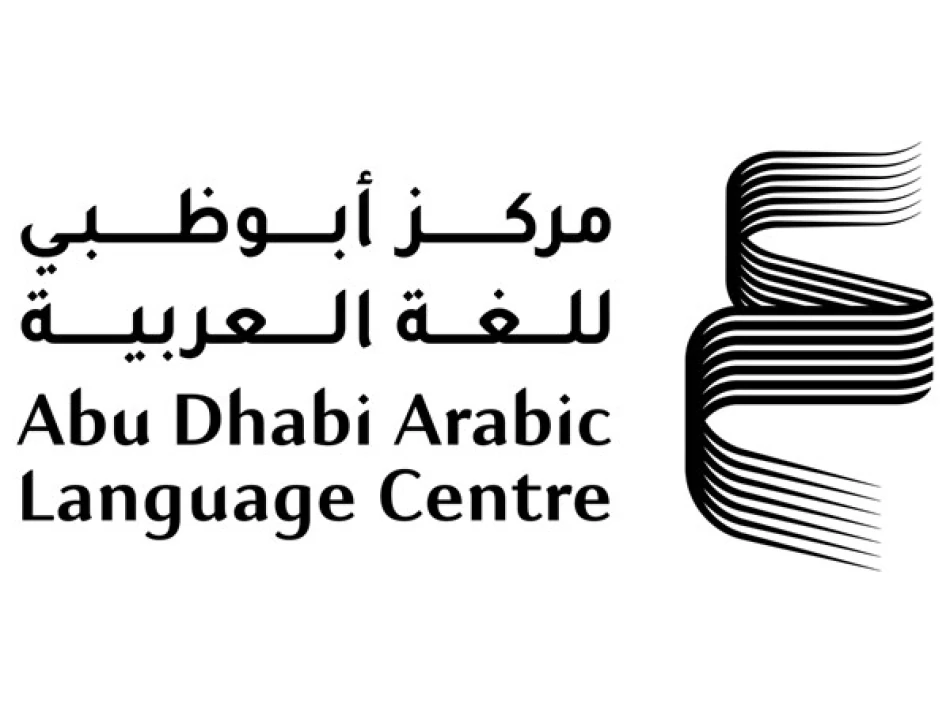
Abu Dhabi Arabic Language Center Highlights Sustainable Reading as the Foundation for a Knowledge-Driven Society
UAE's Arabic Language Revival: How Abu Dhabi is Building a Knowledge Society Through Strategic Reading Campaigns
The Abu Dhabi Arabic Language Centre's ambitious reading campaign has reached over 50,000 participants in its first six months, signaling a major cultural shift as the UAE positions Arabic literacy as central to its 2025 "Year of Community" initiative. With more than 2,000 creative activities spanning 14 knowledge fields, the campaign represents one of the most comprehensive efforts to revitalize Arabic language engagement in the modern Gulf era.
A Strategic Response to Cultural Preservation Pressures
The campaign, launched under the slogan "Knowledge Society, Society's Knowledge," addresses growing concerns about Arabic language decline in an increasingly globalized UAE. As the Emirates attracts millions of expatriate workers and international businesses, maintaining Arabic as a living language of innovation rather than just heritage has become a national priority.
The initiative's scope is unprecedented: 250 major events and initiatives executed in partnership with over 100 government and private entities, involving approximately 400 creators and more than 15 universities. This level of coordination suggests the UAE views Arabic literacy not merely as cultural preservation, but as economic and social infrastructure.
Beyond Traditional Language Programs
Technology Integration and Modern Relevance
Unlike conventional language revival efforts, Abu Dhabi's approach integrates artificial intelligence programs alongside traditional poetry evenings and storytelling sessions. The campaign includes digital reading months through literary prize platforms such as the Sheikh Zayed Book Award, demonstrating how the UAE is positioning Arabic within its broader tech-forward vision.
The inclusion of AI technology programs within Arabic language promotion reflects the UAE's strategy to present Arabic as a language of future innovation, not just historical significance. This approach contrasts sharply with language preservation efforts in other regions that often emphasize tradition over technological adaptation.
Community Penetration Strategy
The campaign's "Reading in Vital Facilities" initiative extends beyond schools and universities into public spaces throughout Abu Dhabi and its cities. This geographical spread indicates recognition that language revitalization requires embedding Arabic reading culture into daily life, not confining it to educational institutions.
With 2,350 school trips to the 34th Abu Dhabi International Book Fair alone, the campaign demonstrates systematic integration with existing educational infrastructure while creating new cultural touchpoints.
Regional Context and Competitive Positioning
The UAE's comprehensive approach to Arabic language promotion comes as Gulf states increasingly compete for cultural leadership in the region. While Saudi Arabia focuses on Vision 2030's entertainment and tourism sectors, and Qatar emphasizes its World Cup legacy, the UAE is positioning itself as the guardian of Arabic intellectual tradition adapted for modern knowledge economies.
This cultural investment parallels Singapore's successful bilingual policies that maintained Mandarin alongside English as the city-state developed into a global financial hub. The UAE appears to be applying similar strategic thinking to Arabic, ensuring the language remains relevant as the country diversifies beyond oil.
Measuring Cultural Impact in Economic Terms
Said Hamdan Al Tunaiji, Executive Director of the Abu Dhabi Arabic Language Centre, emphasized that the campaign has met its targeted performance indicators. However, the real test will be whether these intensive cultural interventions translate into sustained behavioral change and economic value creation in Arabic-language industries.
The campaign's extension through the end of 2024 suggests confidence in early results, but also recognition that cultural transformation requires sustained investment beyond single-year initiatives. The structured approach across 14 knowledge fields indicates systematic planning rather than ad-hoc cultural programming.
Implications for Language Policy and Economic Development
Abu Dhabi's reading campaign represents a sophisticated understanding that language vitality directly impacts economic competitiveness in knowledge-based industries. By positioning Arabic as a language of innovation and creativity rather than just cultural heritage, the UAE is creating conditions for Arabic-language content creation, publishing, and digital media sectors to flourish.
The campaign's success metrics—reaching diverse age groups and cultural backgrounds—suggest the UAE is building a sustainable model for language revitalization that other Arabic-speaking nations may seek to replicate. As regional competition for cultural influence intensifies, Abu Dhabi's systematic approach to Arabic literacy may prove as strategically valuable as its investments in renewable energy or space technology.
Most Viewed News

 Layla Al Mansoori
Layla Al Mansoori






